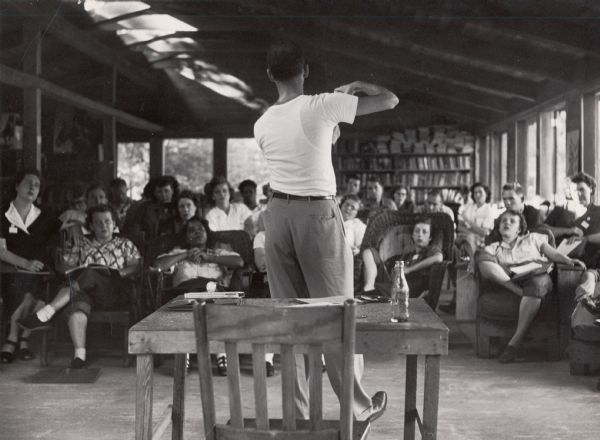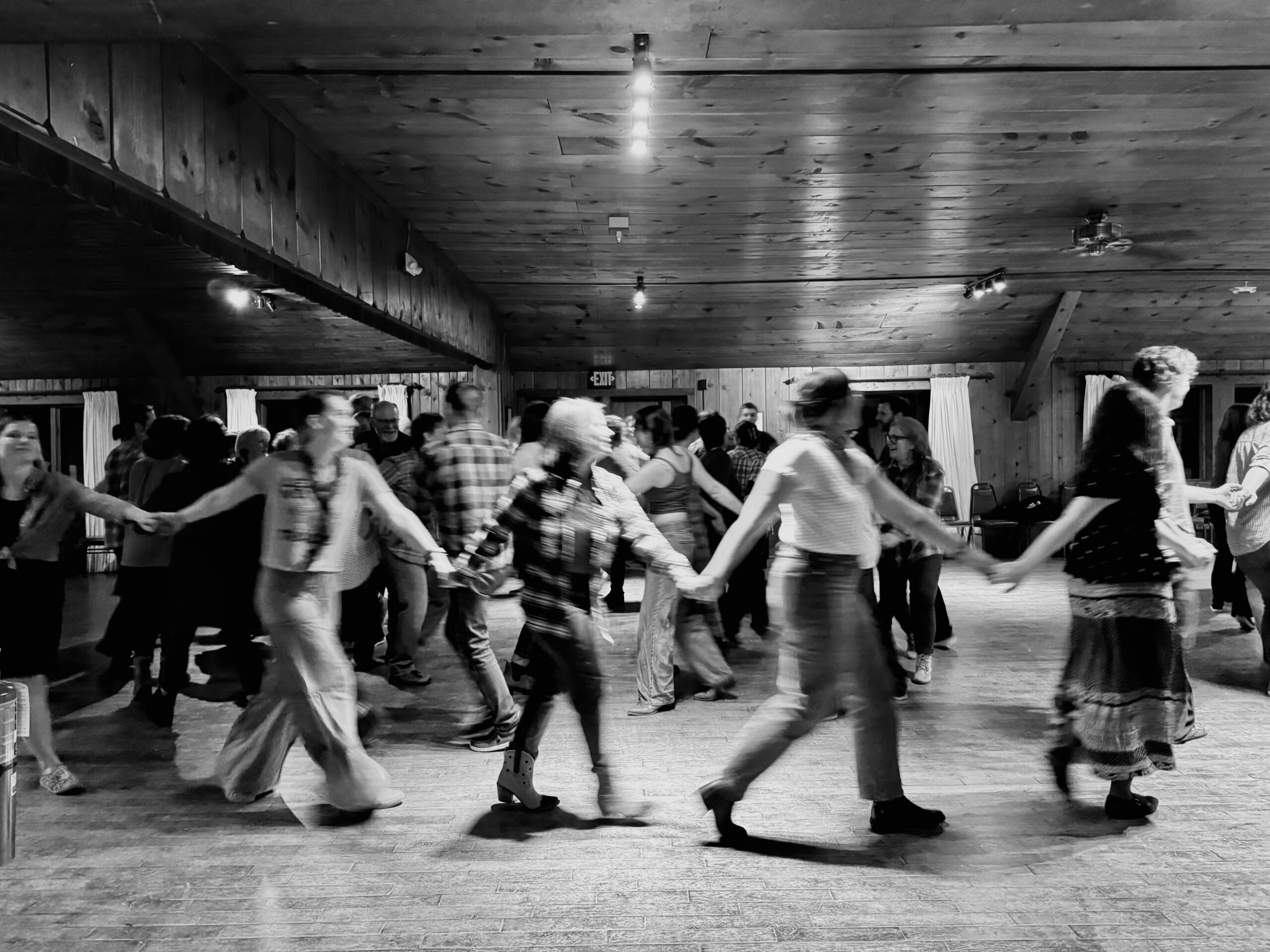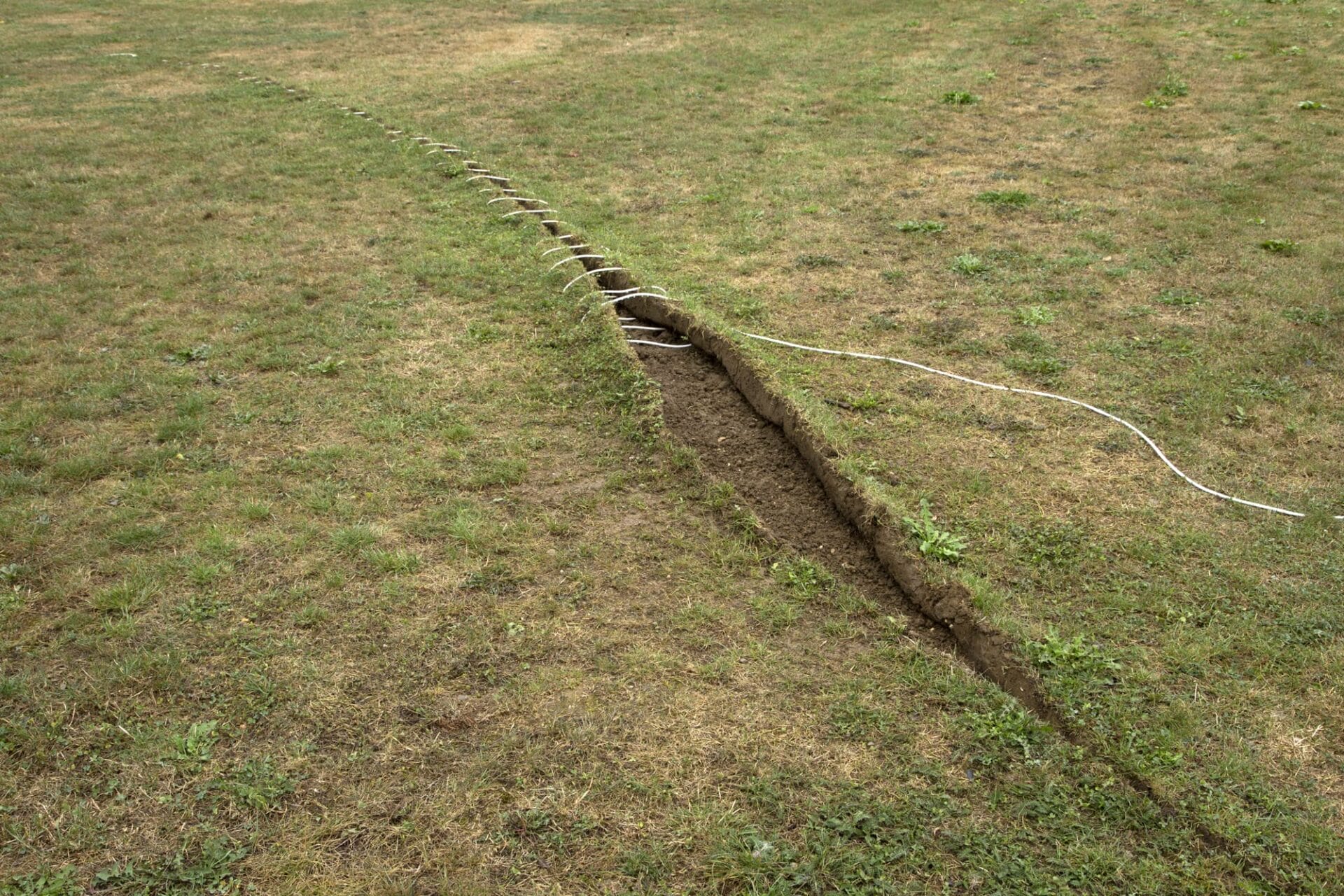Folk Skills for Uncertain Times

What Folk Schools Teach Us About Prepping for the Future with Care.
Almost every day, it seems as if the ground is shifting beneath our feet. Each time we’re hit with the latest headline or world event, we seem to be left with more questions than answers. How do we care for each other? Where do we find truth? How do we mobilize? As we think about these questions, we’re reminded of the rather radical history of political organizing at folk schools in the United States.
The Highlander Folk School, now the Highlander Research and Education Center, was founded in Tennessee in 1932 during the Great Depression and was one of the first iterations of the Danish folk school concept in the United States. Workers trying to unionize faced intense pushback, especially in the South. Highlander stepped in as a place to train labor organizers, emphasizing education and cultural preservation in Appalachia.
By the 1950s, Highlander became a hub for the civil rights movement. They hosted Black activists like Dr. Martin Luther King Jr., nurtured the sit-in movement, and fostered powerful leaders like Rosa Parks and John Lewis. Highlander’s distinctive racial integration made it a target—Tennessee shut it down in 1961, confiscating its land and property. But its influence endured.
Since the 1980s, Highlander has expanded into environmentalism, immigrant rights, and youth organizing. Today, Highlander Folk School, now called Highlander Center, continues to bring people together across issues, identities, and places to share and build the skills, knowledge, and strategies needed for transformative social change.

The history and enduring legacy of the Highlander Folk School have infused our work at Green Door. Though we’re not a training ground for political action per se, we do see every opportunity to learn sustainable or life-giving skills in community as an intentional act of resistance. Doing things by hand requires slowness, sparks over-the-workshop-table banter, and, perhaps most tangibly, prepares us for a future that we get to create by hand, with our neighbors.
So while we may just be brewing a big batch of booch or tending to our soil, we are also meeting our community, connecting with the earth through raw materials, sharing stories, and, as the Green Door team likes to say, “doomsday prepping with love.” Preparedness, resilience, and community are deeply intertwined, and by learning together, we are fostering a future where we know each other, know skills, and support one another.
So when you find yourself cycling through the same questions: How do we care for each other? Where do we find truth? How do we mobilize? Consider whether learning in community can be a salve.
This piece was originally published on February 13, 2025 in our E-Newspaper. If you’d like this content sent directly to your inbox, subscribe to our newsletter.


